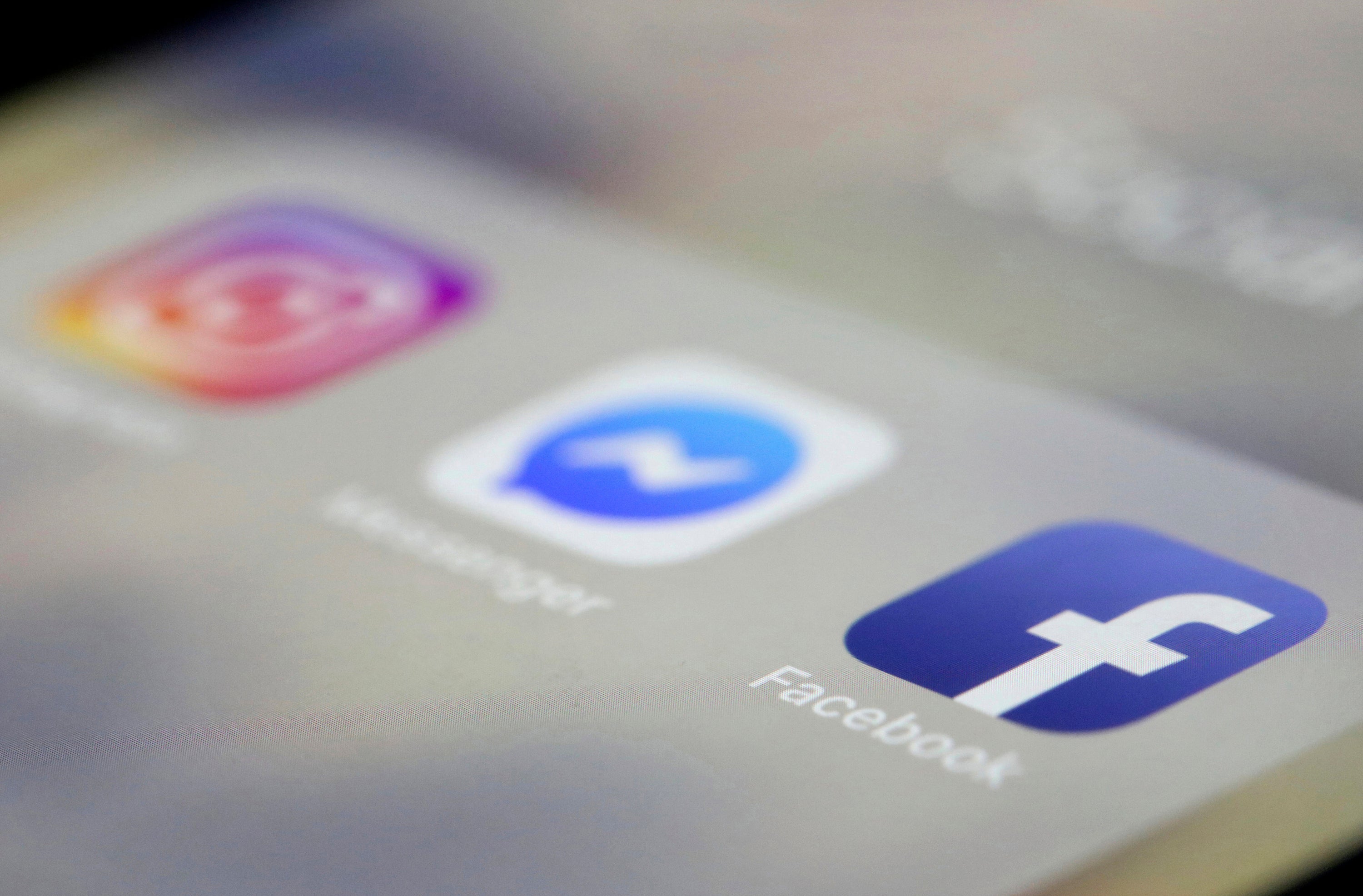Facebook did not ban violent extremist group in India over fears of damage to business prospects, report says
India is Facebook’s biggest market in terms of numbers of users

Your support helps us to tell the story
From reproductive rights to climate change to Big Tech, The Independent is on the ground when the story is developing. Whether it's investigating the financials of Elon Musk's pro-Trump PAC or producing our latest documentary, 'The A Word', which shines a light on the American women fighting for reproductive rights, we know how important it is to parse out the facts from the messaging.
At such a critical moment in US history, we need reporters on the ground. Your donation allows us to keep sending journalists to speak to both sides of the story.
The Independent is trusted by Americans across the entire political spectrum. And unlike many other quality news outlets, we choose not to lock Americans out of our reporting and analysis with paywalls. We believe quality journalism should be available to everyone, paid for by those who can afford it.
Your support makes all the difference.Facebook did not ban a violent Indian extremist group after deciding that such a move could adversely impact the company’s business prospects in the country as well as endanger staff, it has been claimed.
Earlier this year, officials at the social media giant held that the Bajrang Dal group supported violence against minorities across India and should be banned from the platform, reported The Wall Street Journal.
However, a subsequent report by Facebook’s security team warned such a move could infuriate the group as well as politicians from India’s ruling Hindu nationalist party.
Facebook has defended its position and a spokesperson said “we ban individuals or entities after following a careful, rigorous, and multi-disciplinary process".
“We enforce our dangerous organisations and individuals policy globally without regard to a political position or party affiliation."
The WSJ report quoted a Facebook spokesperson saying that the security team’s warning was “a subject for discussion as part of the standard process”. A Bajrang Dal spokesperson, meanwhile, denied it being in conflict with other religious groups.
For Facebook, India and its 300 million users of a total worldwide user base of 2.5 billion, is a crucial market. It has also invested heavily in new retail ventures in the south Asian country.
Started in 1984, Bajrang Dal, which has hundreds of offices across India, has gained notoriety over for its attacks against minorities including Christians and Muslims. In 2018, the US’s Central Intelligence Agency termed it as a religious militant outfit.
Bajrang Dal is the youth wing of a group affiliated with the Rashtriya Swayamsevak Sangh (RSS) organisation, which is considered the ideological parent of the ruling Bharatiya Janata Party.
It is not Bajrang Dal alone, as Facebook’s security team also cautioned against banning two more right-wing Hindu nationalist groups - Sanatan Sanstha and Sri Ram Sena – that are active on the platform.
The social media platform has reportedly designated India among the category of nations like Myanmar, Sri Lanka and Pakistan where there is a high risk of societal violence and the company requires efforts to protect vulnerable populations.
In October, the company’s top public policy executive in India Ankhi Das stepped down from her role. It came after the WSJ in August reported that Ms Das had told employees not to take down alleged hate speech posts coming from senior members of India’s ruling BJP. Facebook though had rejected the allegations of favouring the BJP.
This led to India’s opposition party writing to Facebook’s CEO Mark Zuckerberg demanding an investigation while India’s law minister Ravi Shankar Prasad, who belongs to the BJP, wrote to Facebook alleging bias against people supporting right-wing ideologies.
Facebook has been increasingly under pressure over hate speech and racism on its platform. In August, it had banned hate speech content depicting blackface while, in October, it had banned content that denies or distorts the holocaust.



Join our commenting forum
Join thought-provoking conversations, follow other Independent readers and see their replies
Comments